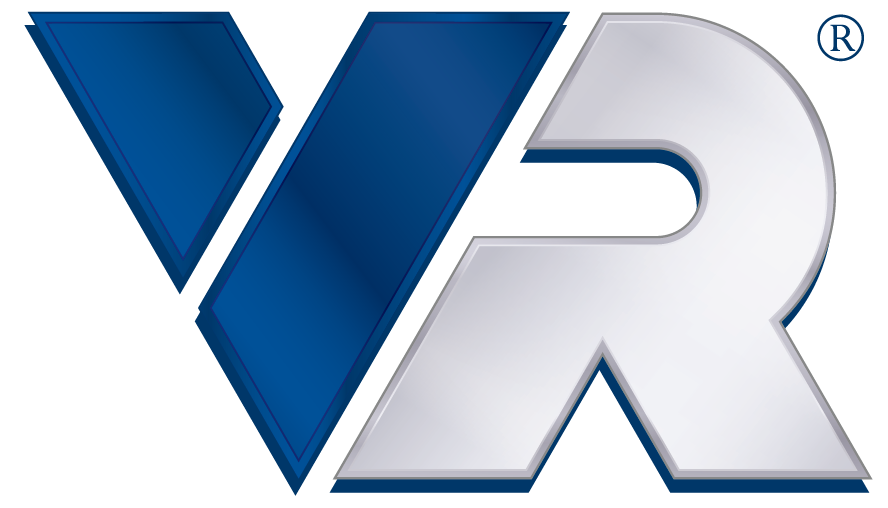What Is My Business Worth?
If you’ve ever thought of selling your business – and even if you haven’t – you may have wondered what your business is worth.
Since 1979, we’ve helped 100’s of thousands of owners of small to medium sized businesses learn what their businesses are worth.
To understand how businesses are valued, there are four key value factors:
- Seller’s discretionary earnings.
- Desirability/ strategic value.
- Risk.
- Terms of Sale.

Many factors are considered in determining the value of a business. This process can be daunting if trying to calculate on your own. VR’s business valuation process takes careful consideration the past, present and future operations to fully and effectively determine what you business is worth.
A business’s value is dependent on projection and not past performance.A potential buyer will want to be confident in the future performance of the business in making their purchase decision. For this reason, a proper evaluation must be performed.
Utilizing our experience, we will take the time to get to know your business and help you determine your business’s value so that you can make an informed decision to sell.
Seller’s Discretionary Earnings
The foundation of value, especially in the market for small- to medium-sized businesses, is Seller’s Discretionary Earnings (SDE)-the total cash flow benefiting the owner. Calculating SDE is a bit tricky, so it’s advisable to obtain the services of a professional experienced in valuations. The approach is to consider not just the net income, but all the recurring cash benefit flowing through to the owner as follows:
Net Income
- Owner salary.
- “Discretionary expenses” (e.g., health insurance, optional travel & entertainment, personal use of products).
- Non cash expenses (e.g., amortization and some depreciation).
- Non-recurring expenses (or minus non-recurring income).
- Non-operating expenses (e.g., interest payments, or minus non-operating income).
- Seller’s Discretionary Earnings.
The purchaser of a business is buying an income stream, and in most cases, a job. The more SDE a business is generating, the more it tends to be worth, although the relationship is not a linear one. As a very rough rule of thumb, a business typically sells for 1.5 to 3 times annual SDE, with the multiple increasing for businesses scoring well on desirability, risk and terms.
Desirability/Strategic Value
Factors in this category include:
- Level of SDE (higher SDEs get higher value multiples).
- Strategic value (primarily for larger and technology driven businesses).
- The fun and ease of operating the business.
- Location.
- Facilities.
- Employee relations.
- Operating hours.
- Growth potential.
Risk
Factors in this category include:
- Years in business and with the current owner.
- Profit trend.
- Quality of books and records.
- Franchise membership.
- Brand recognition/strength.
- Level of competition.
- Dependence on current owner.
- Diversification of customer base.
- Lease length and terms.
- Asset value.
Terms of Sale
This is the one source of value that the business seller can almost completely control. Components of the terms include:
- Down payment.
- Interest rate Monthly payment.
- Non compete agreement.
- Seller training of buyer.
The first three components of the terms of sale assume that the seller is providing financing to the buyer of the business, which happens in the majority of sales, with seller financing. The seller receives part of the purchase price at the time of the sale (“the down payment”) and the remainder over several years. The buyer uses the cash flow from the business to pay off the debt. Structuring a sale with attractive terms can significantly increase the value of a business.
Wonder no more.
Contact VR Business Brokers for a free, no-obligation estimate of the value of your business.


